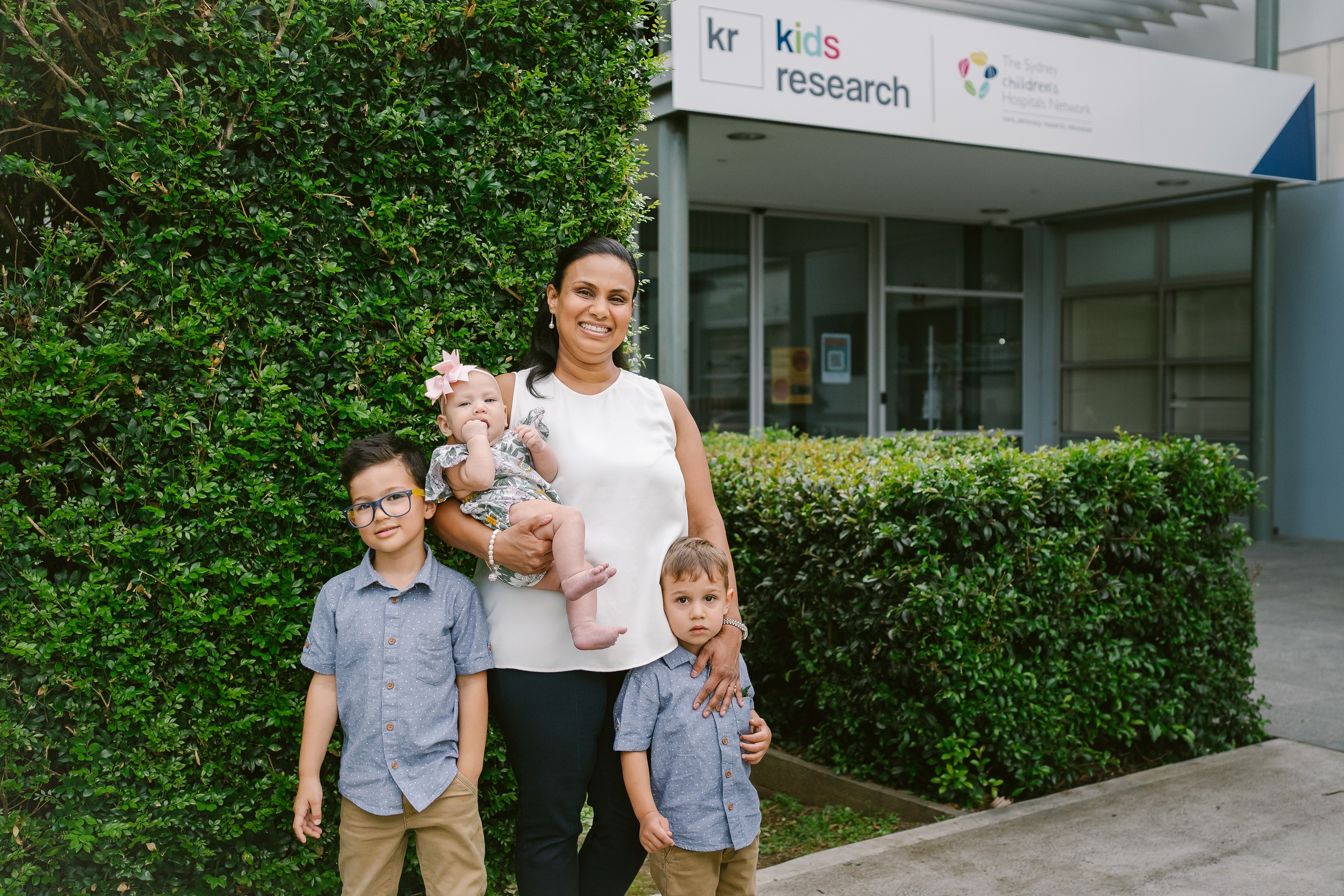Dr Kushani Marshall: improving health inequality through epidemiology

Meet Dr Kushani Marshall. Kushani is a medical practitioner and specialist Public Health Physician, with clinical experience in Addiction Medicine and Sexual Health Medicine. She has previously worked in Communicable Disease Control, the Aboriginal Community Controlled Health sector, and with the World Health Organization in the area of Emerging Disease Surveillance and Response. Kushani is in her final year as an MAE scholar, and answers our questions about her experience with the program.
Why did you choose the Master of Philosophy in Applied Epidemiology (MAE) program?
The MAE provided me with the opportunity to sub-specialise in “field epidemiology”, a type of epidemiology that tackles urgent or unexpected public health issues and confronts real world problems. The program uses a ‘learning-by-doing’ approach – so Scholars are supported to develop their skills under the guidance and supervision of experienced epidemiologists both within the field placement and in the academic setting.
The MAE is an incredible national program with an impressive history and alumni network. MAE scholars and alumni have had an immense impact on how public health is conducted in Australia. Previous scholars have investigated countless disease outbreaks across Australia and have played key roles in establishing or evaluating Australian disease surveillance systems. So it’s an honour to be a part of this program.
You are based at the National Centre for Immunisation Research and Surveillance (NCIRS) for some of your projects. Can you tell us about this?
NCIRS is Australia’s leading vaccine preventable diseases research organisation. NCIRS provides independent expert advice, on both technical and social issues, that inform immunisation policy and planning.
While based at NCIRS, I completed three projects for my thesis. The first was an analysis of pertussis (whooping cough) notifications, hospitalisations and deaths. The second was a mixed methods evaluation of AusVaxSafety, an active vaccine safety surveillance system, and the third was a case-control study assessing the vaccine effectiveness of Haemophilus influenzae type b vaccine in Australia.
My placement at NCIRS provided me with an opportunity to immerse myself in a rigorous and challenging academic environment. I was exposed to an extensive range of complex immunisation issues and vaccine preventable diseases research, granted access to large national datasets to improve my data analysis skills, encouraged to critically engage and keep up to date with immunisation literature and supported to publish and present my work.
I was fortunate that many of the experts at NCIRS were former MAE Scholars themselves, with firsthand knowledge of the program. They were happy to share their experiences and always willing to provide guidance and advice.
On a personal note, NCIRS has been an incredibly supportive field placement, and this has helped me balance my epidemiology training requirements with raising a young family.
What are some of the new skills you have learnt throughout the course that you weren’t expecting?
I have learned the value of collaborative problem solving! I had previously thought of epidemiology, and data analysis in particular, as a solitary activity – but I couldn’t have been more wrong! I have learned enormously from my peers. The MAE program offers formal opportunities for peer-to-peer teaching and learning through review sessions during course block, where Scholars present real epidemiological challenges encountered in their field placements and we then work together towards a solution.
The program has also helped me to become a better teacher. Scholars develop and present a ‘Lesson from the Field’. This involves writing a case study and guiding your peers through a thought-provoking real-world scenario.
What do you want to do when you graduate?
We know the world is an inequitable place, and people have vastly different life chances depending on their circumstances and where they are born. To me, epidemiology is an essential tool to help remedy this imbalance. I aspire to improve the health of disadvantaged, marginalised and under-served populations through improving health systems and service delivery.

